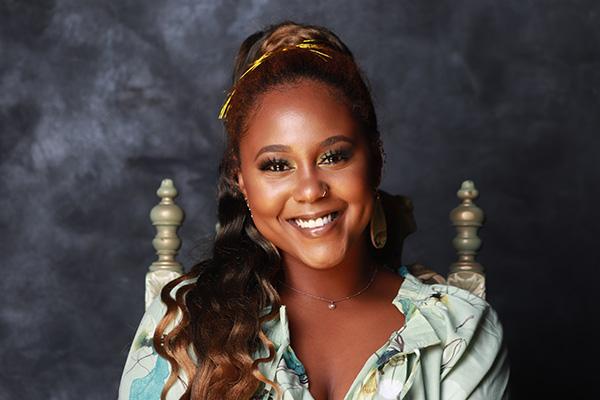
MFA Design Research and Development Thesis Defense
Date: Thursday, July 13
Time: 10:00am
Title: An Intersectional Lens: Using Participatory Design to Redefine Inclusivity and Foster
Belonging in Community-Driven Civic Environments with Black Indigenous Women of
Color (BIWOC)
Committee Members:
Elizabeth Sanders, Advisor
Rebekah Matheny
Treva B. Lindsey
Zoom Meeting Link:
https://osu.zoom.us/j/8292272377?pwd=N2pzREV2aVIzQVE3VlNOY3AyMUo3Zz09
Project Description:
Community-driven civic environments, such as public spaces, have a major influence on personal development and well-being (Delagran, 2016). But without inclusion of marginalized populations, some people risk being excluded, perpetuating cycles of inequality that limit understanding, collective collaboration, diverse inclusion, and social progression. When designed inclusively, community-driven civic environments can succeed at welcoming all kinds of people and needs regardless of age, race, gender, sexuality, or income (Latham & Layton, 2019).
This thesis demonstrates a qualitative research experience that utilized co-design and service design approaches to curate a unique and inclusive design process that centered the wants and needs of Black and Indigenous Women of Color (BIWOC). Focusing on BIWOC experiences within public spaces led to contextual understanding of how they behaved and thought holistically, allowing their journey of spatial understanding and enjoyment to be considered through inclusive touchpoints.
Through a series of interviews, surveys, and co-design sessions, American Black women shared and reflected upon their personal and professional experiences and collaborated to imagine what an inclusive space could be when they led the conversation. In conclusion, they created a variety of spatial offerings and service considerations that increased cultural representation, enhanced comprehensions of safety, fostered an environment of learning, and valued who they are holistically. It became evident that a lack of humanity could never be replaced by design aesthetics. Beyond these realizations, this research illuminated Black women as critical thinkers who are creative, sensually driven, self-aware, spiritual, and systems focused.
